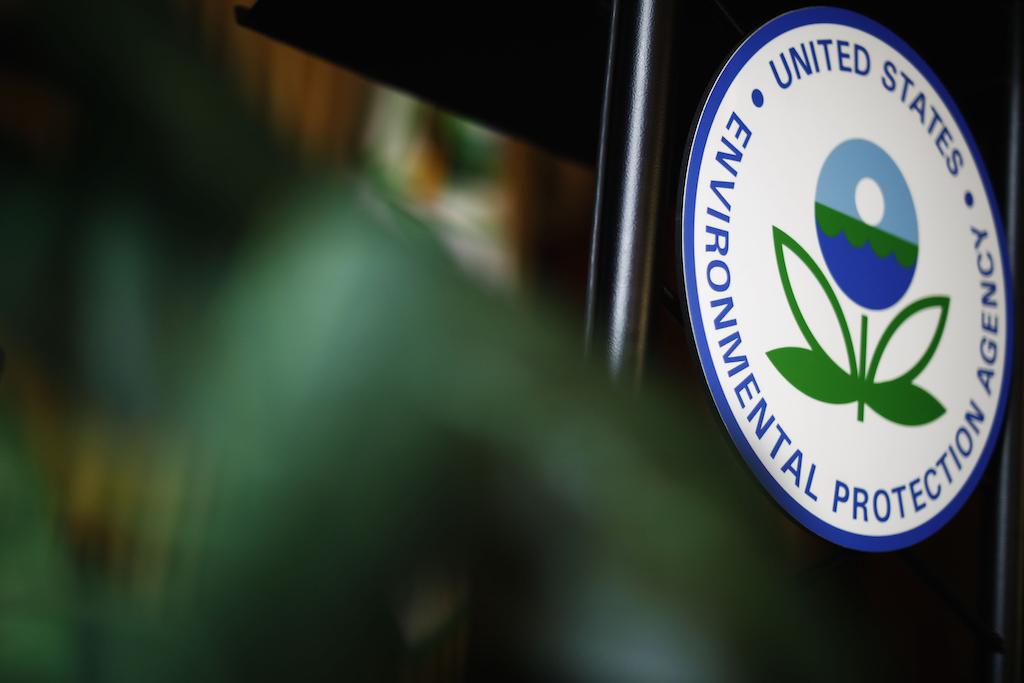The Biden administration finalized Environmental Protection Agency (EPA) regulations that expand protections for rivers, lakes, streams, wetlands, and waterways while simultaneously repealing a Trump-era rule on the matter.
The EPA said the revised rule (pdf), issued on Dec. 30, 2022—which clarifies the types of bodies of water protected by the federal government under the Clean Water Act—is based on definitions that were in place before 2015, when the Obama administration took a similar approach seeking to expand federal protections.




